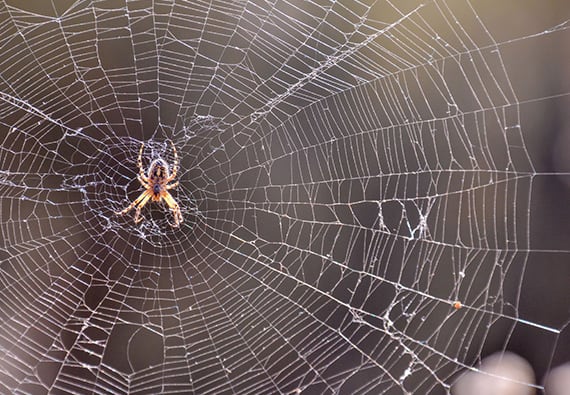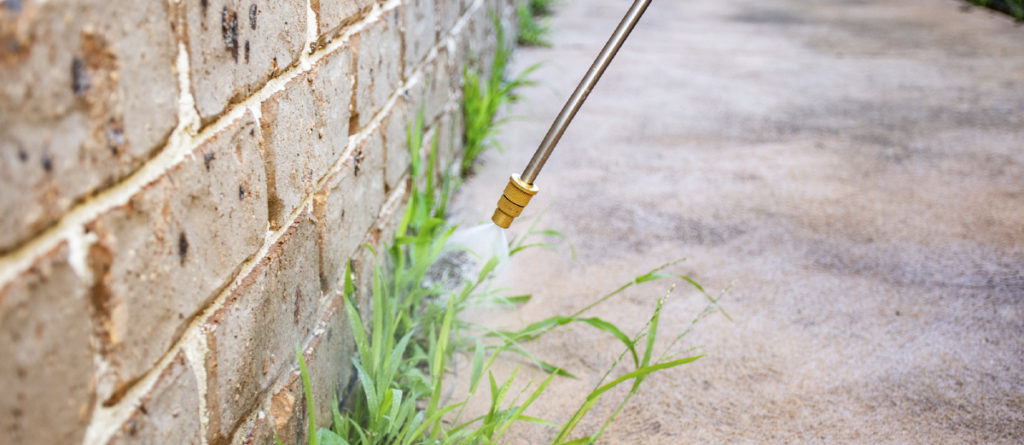Spiders are among the most commonly feared animals in America. While they can be beneficial for mitigating household pests like ants, flies, and mosquitoes; many types of spiders can pose significant health risks to humans.
In most cases, even a nonvenomous spider bite will be worse than a standard mosquito or ant bite. A bite from a venomous spider can potentially cause serious health problems and even fatality in some extreme instances. To help protect yourself, it’s important to act quickly once you notice spiders in or around your home.
While removing more severe infestations may require professional assistance, there are a variety of different ways that you can get rid of spiders inside and outside your home, as well as several best practices that can help you prevent them from returning.



